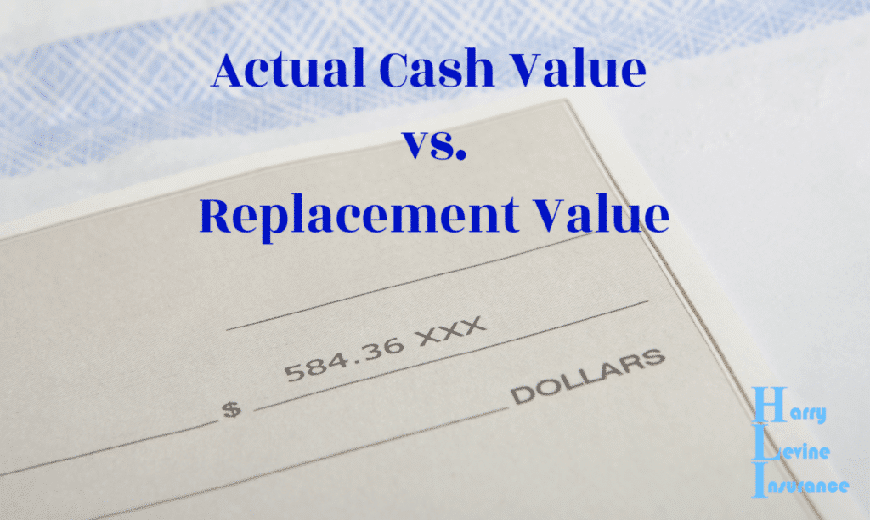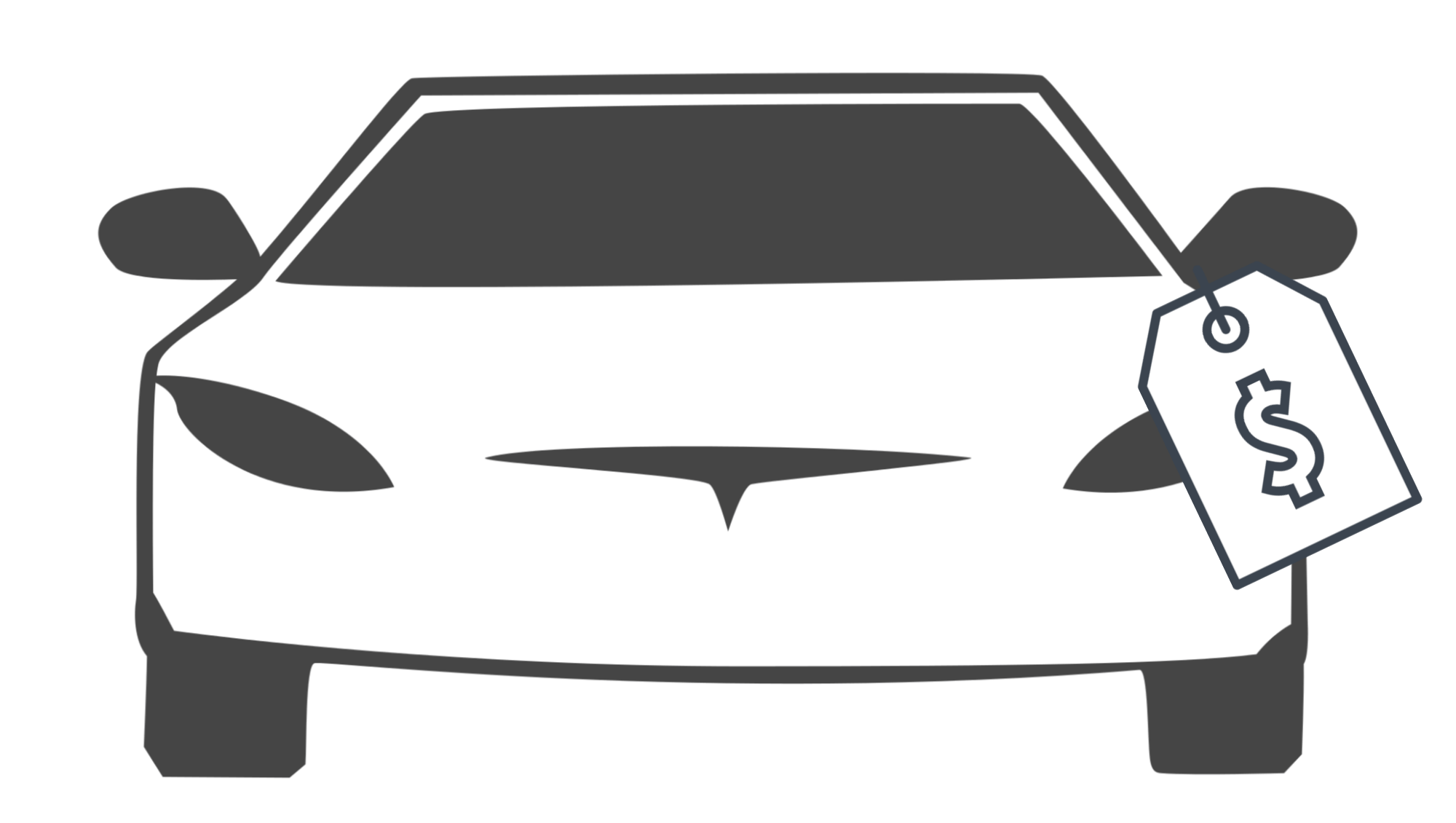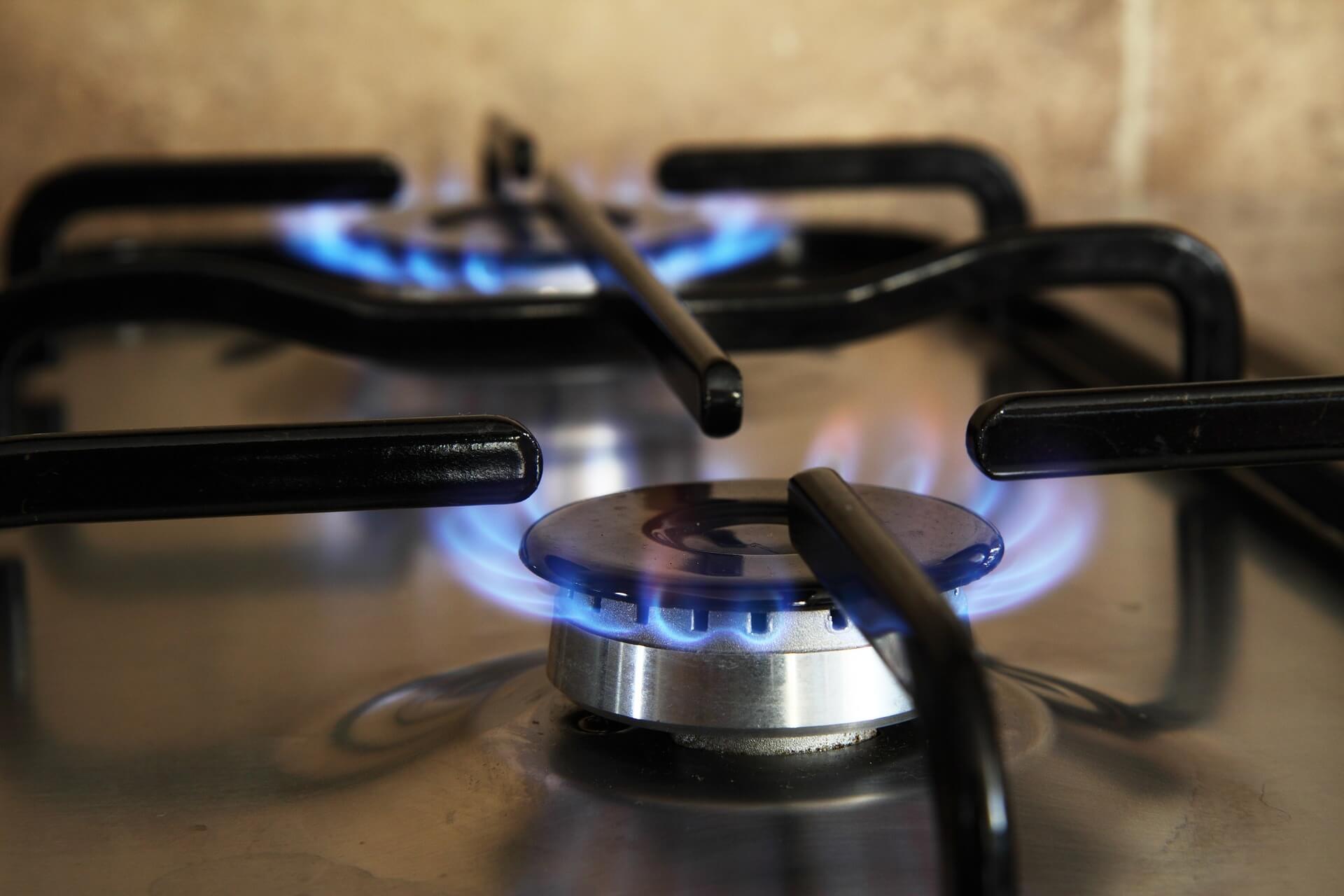If you’re like most people, you don’t examine your insurance documents until you need to make a claim.
And that’s when you’ll notice it.
Your insurance company isn’t paying you enough to replace your totaled car, stating that your policy only reimburses you for “actual cash value.”
It’s a confusing distinction, understanding actual cash value vs. replacement cost is an important part of creating the coverage level you need.
What is Actual Cash Value?
Actual cash value (often abbreviated as ACV) is the value of an item at the time of the loss.
Say you purchased a brand-new 2015 Hyundai Sonata for $20,000. You took it in for routine maintenance and took great care of it until a teenage joyrider slammed into it while you were at a red light. You file an insurance claim and start thinking about the make and model of the new car you’re going to buy, but then your check comes in the mail…and it’s only $9,000.
What happened here?
The insurance company calculated the actual cash value of your car at the time that crazy teenager plowed into it. Your car might have been worth $20,000 back when you bought it, but in 2019, after four years of wear (not to mention the depreciation that occurs as soon as you drive a new car off the lot), it’s now only worth $9,000.
Another way to think of ACV is “fair market value.” Cars and other personal items depreciate over time. That big-screen TV you saved up for is no longer worth what you paid for it in 2011. Neither is your Macbook Air. Other items lose their actual cash value as soon as you buy them.
There’s nothing wrong with having this clause on your policy, but it’s important that you’re aware of it, so you know what to expect in the event of a loss.
How is ACV Calculated?
Each insurance company has its own ways for calculating ACV and these methods will differ depending the type of claim it is. But typically, actual cash value is calculated by subtracting the depreciation from the purchase price of the item.
For instance, if you lost your stove due to an unfortunate Bananas Foster accident, your insurance company might factor the initial purchase price of the stove ($650), the average lifespan of the stove (12 years), and how long you’ve had it (6 years). In this case, you’ve already “used up” half of the stove’s lifespan, so they would offer you half of what you paid for it (in this case, $325).
This is only an example and the actual calculations used by insurance companies are many and varied. The important takeaway here is that ACV will almost always be less than what you paid for the item.
What is Replacement Cost Value?
An item’s replacement cost, however, is much different. The replacement cost value is the amount required to purchase an exact replacement of the item.
If your $2,000 Macbook Air was stolen your insurance company would reimburse you for $2,000, the amount needed to purchase a new one. If your newly remodeled kitchen was destroyed in a fire, insurance would cover the cost to replace it.
This doesn’t mean that you can make a strategic upgrade and expect your insurance company to foot the bill. Replacement cost is determined based on what it would cost to purchase a comparable item. You can’t swap out concrete counters for quartz and not expect to pay anything extra out of pocket.
Replacement cost coverage is typical for your dwelling structure (i.e. the four walls, foundation, and roof of your house), but not on your personal property.
So What Can You Do?
If you’ve already filed a claim and you’re unhappy that your insurance company is offering you actual cash value, there’s not much you can do. Because determining depreciation can be so subjective (and because this is America), you always have the option of pursuing legal action. Just know that the insurance company has a lot more money at their disposal than you do.
If you’re simply trying to avoid future disappointment, you can always upgrade your policy to replacement cost coverage. This will increase your premiums, but the benefits might be worth it.
Conclusion
Understanding actual cash value vs. replacement cost will not only help you understand your insurance policy, it will help set your expectations when you file a claim.
While only receiving actual cash value for your lost or damaged items might sound like a bad thing, the only thing worse is not having insurance at all. Make sure you’re covered against risk by having an independent insurance agent look over your existing policies.
At Harry Levine Insurance, our first priority is making sure our clients are satisfied with their level of coverage. Whether you’re looking for a homeowner’s policy or liquor liability insurance for your new restaurant, we have the experience and resources you need.
Request a quote today.









Comments (2)
Jason Levine
August 26, 2019Ed,
Happy to help!
Cheers,
Ed Harris
August 25, 2019Seriously impressed with the answer you responded to a very important question. You can count on forwarding your article to many of my clients, new and old